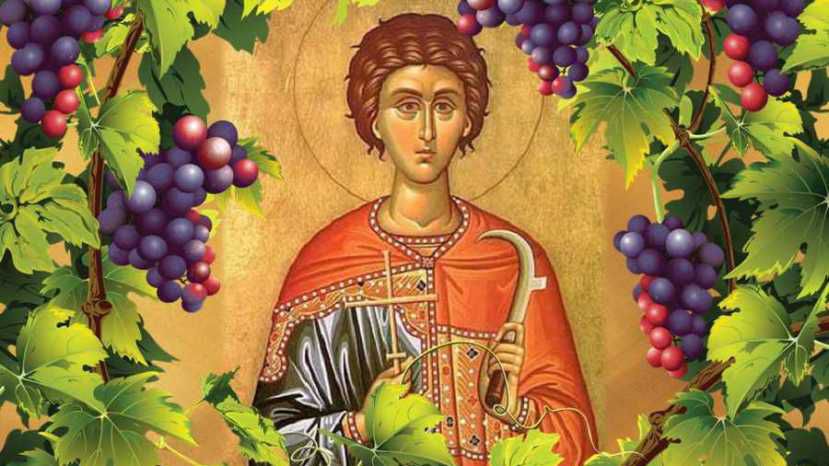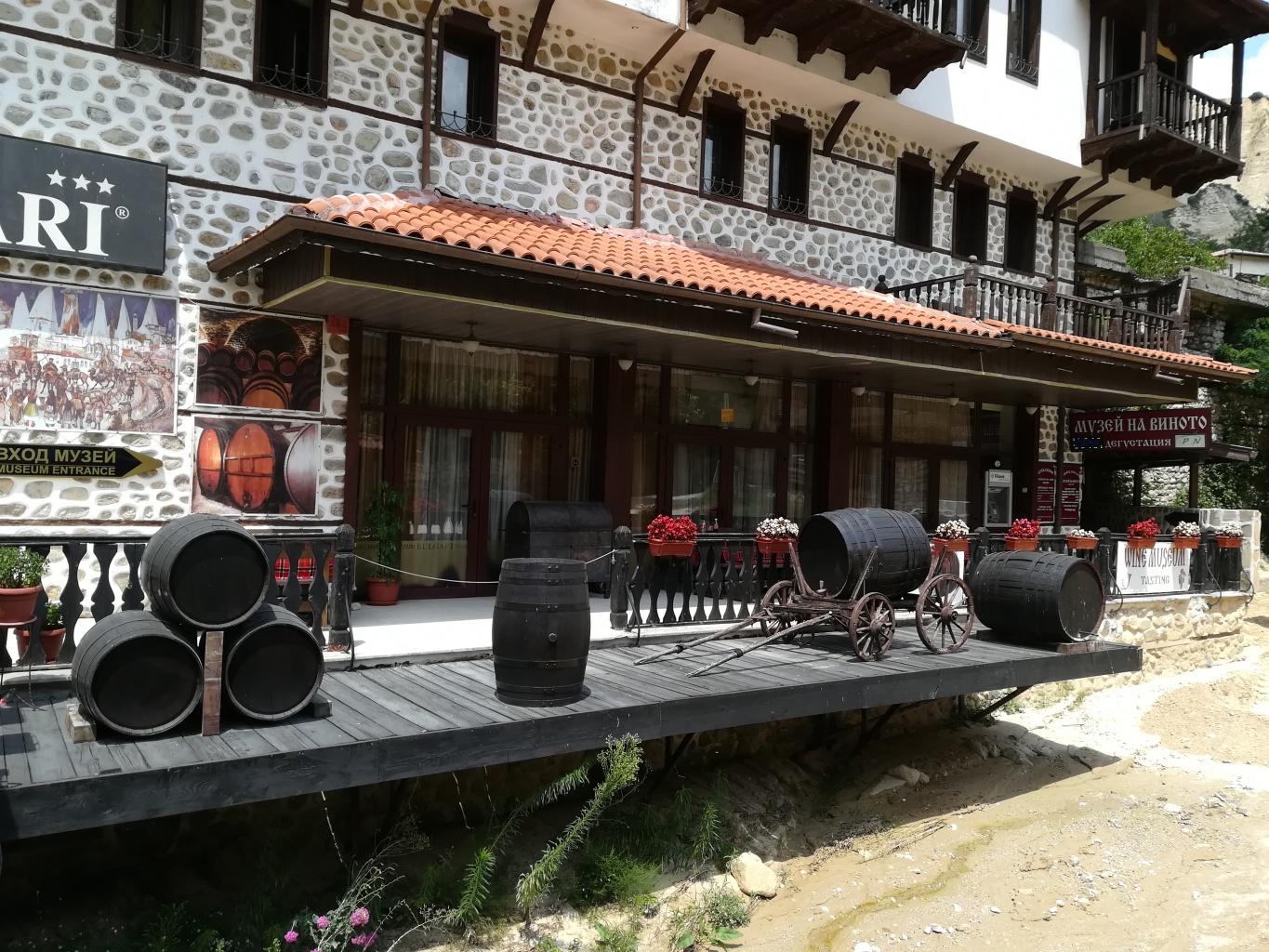
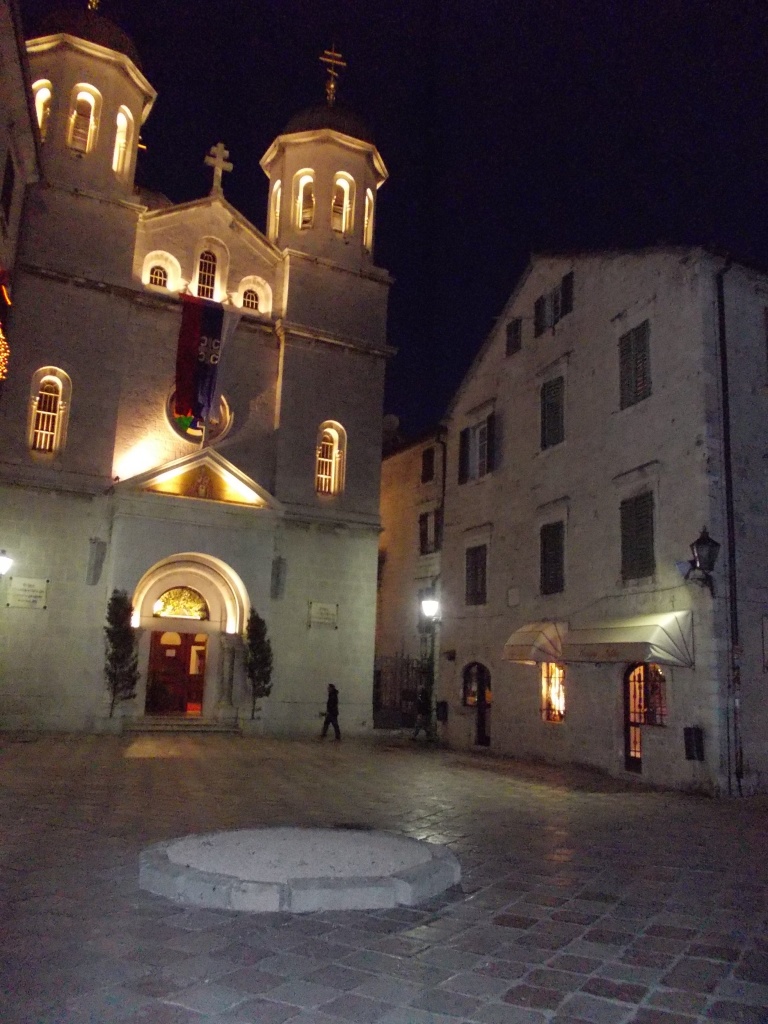
Then, people go to the field where the ceremonial pruning of grape vines takes place while praying and playing music. This is followed by pouring red wine on the roots of the plants, after which, everything around is also poured with wine and, first of all, they pour wine on themselves. The Tsar (King), appointed as the chief cupbearer, treats the villagers and guests of the festival to local wines, while the women treat them to home-made food. The festival of gluttony is gradually moving into fun festivity with dancing and singing. Anyone who finds oneself at the right time in the right place can take part in the fest.
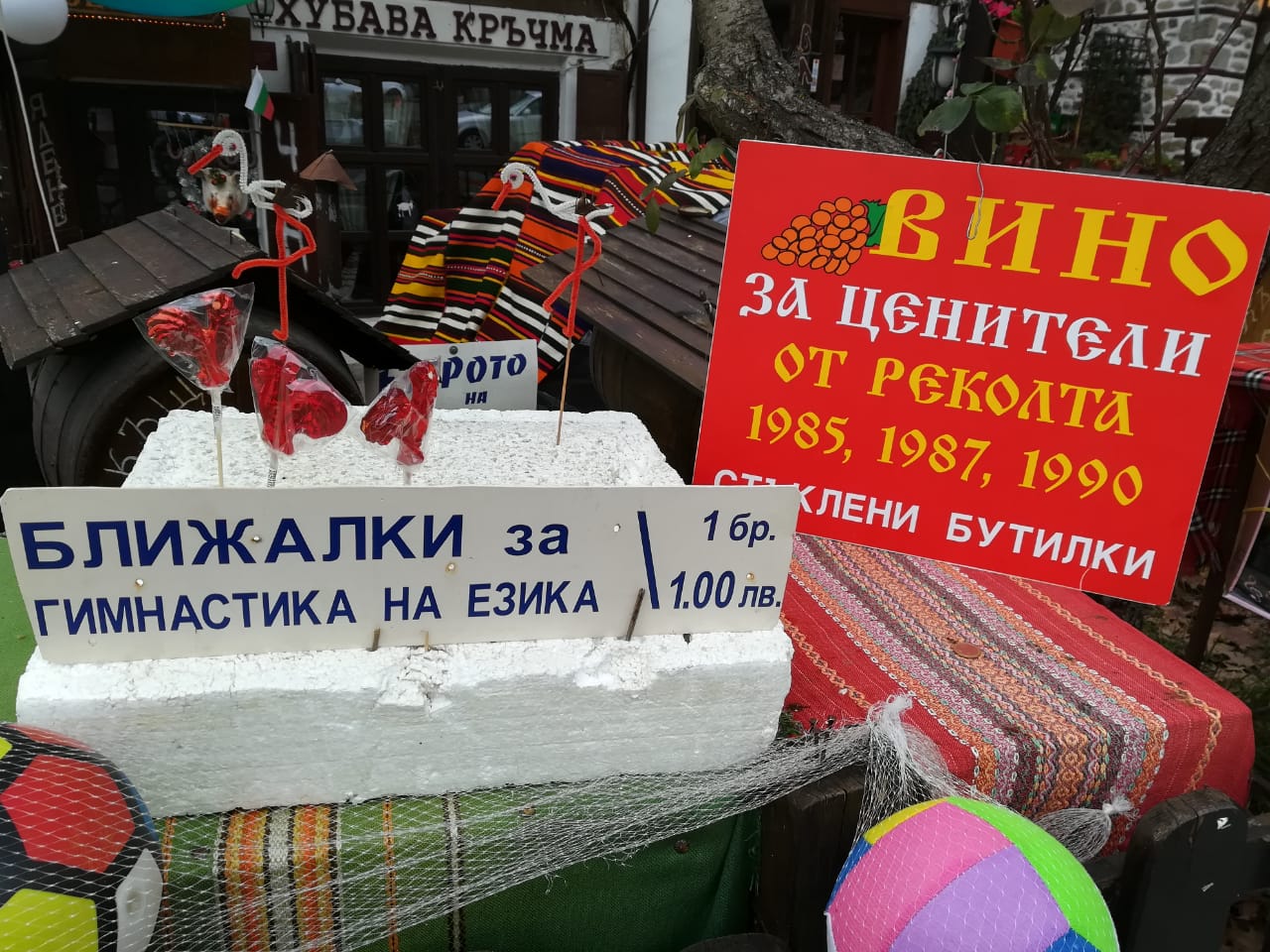
According to Georgi Georgiev, the chairman of the public city council of Sandanski and one of the organizers of the festival in Ploski where an old grape variety Broadleaved Melnik vine (Šhiroka Melnišhka loza) is cultivated, the endemic known thanks to the neighboring town of Melnik being the tourist and winemaking centre of the region. Elite wines are made from the local grape varieties. Mr. Georgiev also noted that the modern highway recently built nearby had contributed to the tourism development in the region. According to him, this festival is interesting not only to visitors, but also to local young people who are leaving the village in search of a better life. The organizers want to show them that life in the village is not only hard work, but also fun traditions that are passed down through the generations, as well as the memory of centuries uniting the nation.
Kiril Kotev, the Kmet (Chairman) of the Ploski, believes that after a hard winter and shortly before the spring planting, the villagers need to relax, have a good rest and have fun. And St. Tryphon Day is the most suitable time for this. In addition, Kiril Kotev hopes that the development of the Ploski tourism brand can improve the living standards of the villagers and attract young people here.
I must say that young people take an active part in the celebration: young dancers in beautiful national costumes have fun. The old and young sit next to each other at the set tables. True, wine is not offered to children, but the culture of taking wine is instilled in people from a young age: in spite of the active tasting of local drinks, we did not see those who ‘got drunk’. It is explained by either the centuries-old ‘experience’, or the quality of drinks, or their habit not to drink in one gulp. And most likely - all these together. Well, the famous Balkan unhurried manner is just the point - the Bulgarians can spend hours enjoying their talks, being happy with a small amount of wine.
Interestingly, in other countries of the Balkan Peninsula, St. Tryphon Day is celebrated on February 14th. But in Bulgaria, after the local church switched to the Gregorian Calendar, the official celebration was shifted to the beginning of the month. According to the tradition, in small villages of the wine-growing region Petrich - Melnik in southern Bulgaria, the fest is celebrated until mid-February. Those who like natural wine and folk traditions can attend authentic festivals according to the schedule of the Tryphon Zarezan festival published on the websites of the wine houses. This year, 14 wineries took part in the festival, one for each day of the festival: • Augeo Family Estate s.Vranya; • Via Verde Wines; • Villa Melnik Harsovo; • Zlaten Rozhen, Kapatovo; • Family Estate Zornitsa Relais & Châteaux, Zornitsa; • Orchards and Vineyards of Kapatovo, the Village of Kapatovo; • Libera Estate, Hotovo; • Orbelia Winery, village of Kolarovo; • Orbelus, Kromidovo; • Winery Rupel, s. Dolna Spanchevo; • Winery St. Vrach - 7 km from the town of Sandanski; • SeeWines, s.Harsovo; • SinticaWinery, Sandanski; • Uva Wine Nestum & SPA in Gotse Delchev.
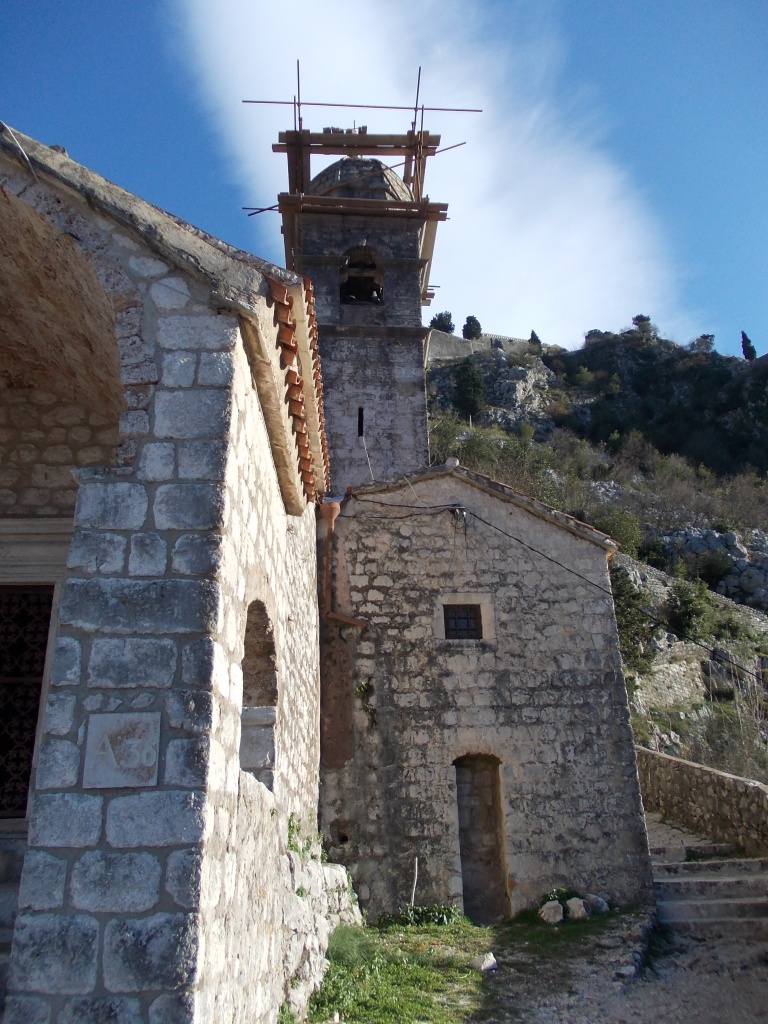
But even if you’ve never been a wine-grower or even a teetotaler, you won’t be left without a festival: in the modern calendar, St. Tryphon’s Day coincides with the Saint
Valentine's Day - a lovers' festival. And, as you know, love makes you drunk no less than wine. Just be careful - these two fests combined can lead to unexpected results. Love, like faith, is a powerful force!

